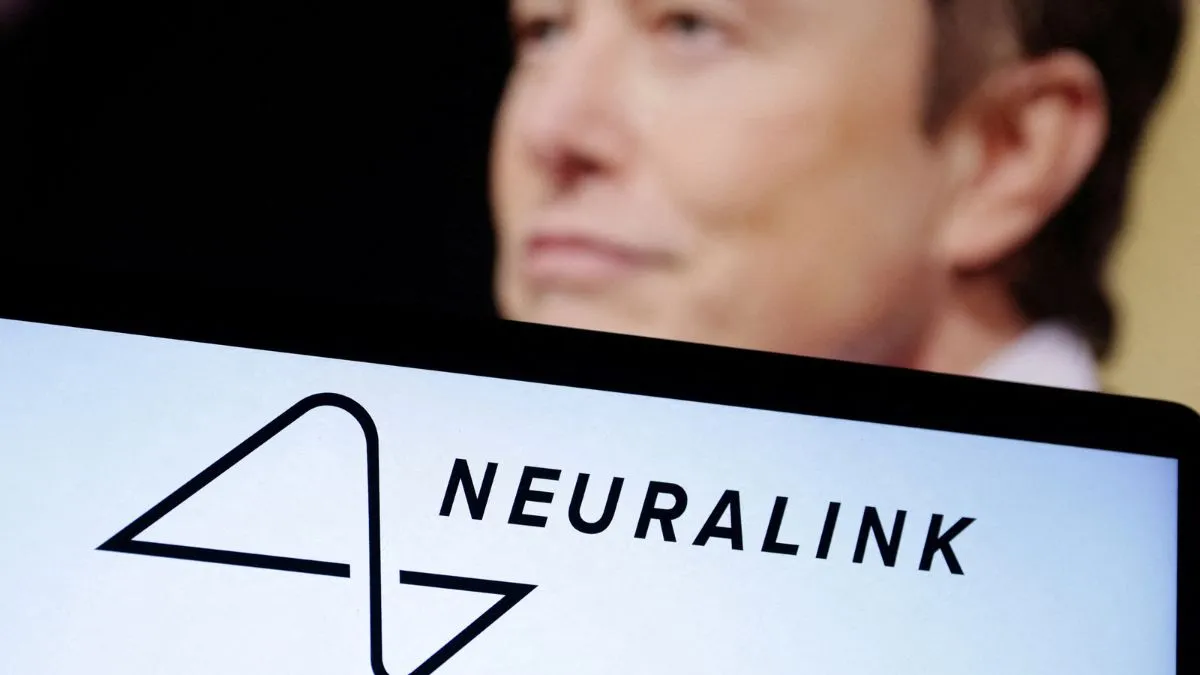- By Alex David
- Sun, 21 Sep 2025 05:21 PM (IST)
- Source:JND
Elon Musk’s brain-implant company Neuralink is preparing to launch a new human trial in October 2025 that could help people with severe speech impairments. The study, confirmed by Neuralink president Dongjin “D.J.” Seo, will focus on enabling participants to translate their thoughts directly into text or speech — bypassing keyboards, screens, or other devices.
Brain to Voice: How the Trial Will Work
Speaking at the Korea Advanced Institute of Science and Technology in Seoul, Seo explained that the system is designed for people who have lost the ability to communicate verbally.
“If you’re imagining saying something, we would be able to pick that up,” Seo said. Neuralink’s technology aims to detect those imagined words in real time and convert them into on-screen text or even synthesized voice output.
ALSO READ: iPhone Air Teardown Reveals Ultra-Thin Design And Surprising Repairability
FDA Fast-Tracks Neuralink Device
Neuralink announced today that the U.S. Food and Drug Administration (FDA) has granted their implant a Breakthrough Device designation for speech, expediting development and review processes of technologies designed to address urgent medical needs.
The company has faced regulatory scrutiny before. In 2022, the FDA rejected its initial human trial application over safety concerns. By 2024, Neuralink resolved those issues and began implanting its brain chips in volunteers.
Progress So Far: 12 Patients, 15,000 Hours Logged
According to the company, 12 patients worldwide now use Neuralink implants, with a combined 15,000 hours of activity logged. The first patient famously used the chip to play video games, browse the internet, post on social media, and move a cursor on a laptop — all using only their thoughts.
This next trial is designed to go further, directly tackling speech loss caused by conditions such as spinal cord injury, stroke, or ALS.
Competition in the Brain-Tech Race
Neuralink isn’t the only player in the space. Rival company Synchron Inc. is also testing its own implantable device that allows people with motor impairments to type on a computer. While Synchron’s approach uses blood vessels to place electrodes, Neuralink’s chip is surgically implanted in the brain itself.
Both companies are betting on brain-computer interfaces (BCIs) as the future of assistive technology — and potentially, in the long run, as tools for enhancing communication for healthy individuals too.
What This Means
Neuralink's October trial could mark a turning point for assistive communication technology, offering hope to individuals relying on slower text-to-speech or eye tracking systems as part of their everyday communication needs.
Still, many obstacles stand in the way of progress; from safety considerations associated with long-term implants to ethical debates over privacy and commercialization of brain data.
Neuralink's promise for now, however, is evident -- to give those without voices the means to communicate using only their thoughts.
